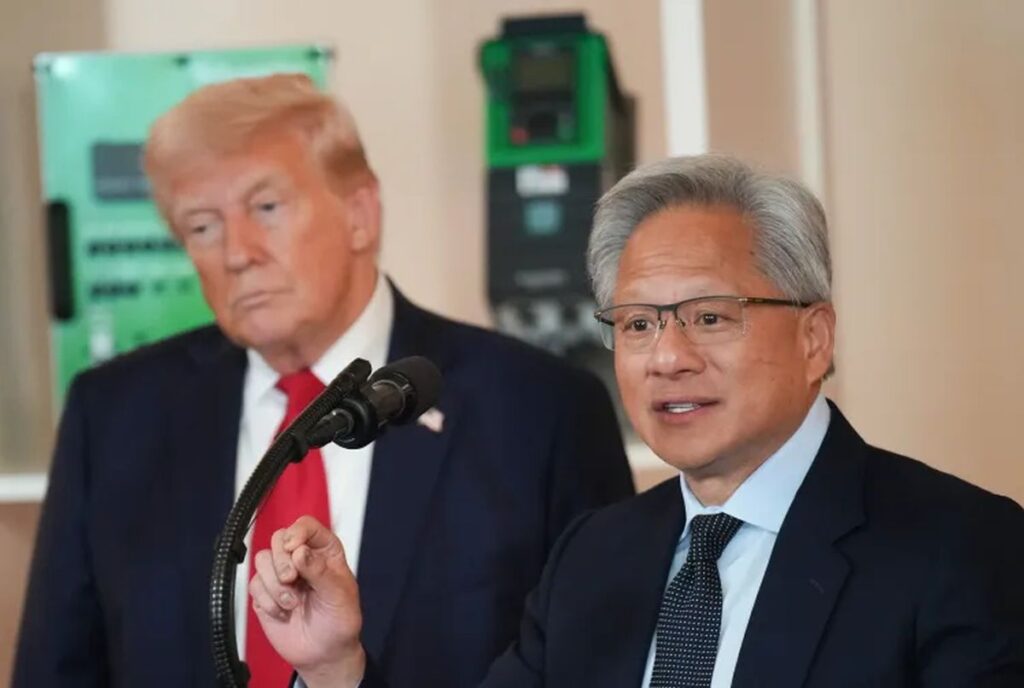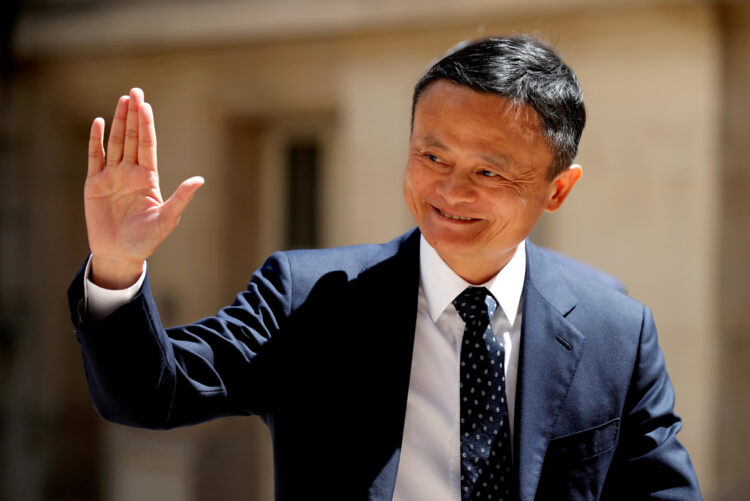The whole trade situation between the US and any other country is uncertain at best. And it gets pretty turbulent when China is involved. Specifically within the AI industry though, this has resulted in a roller coaster of a situation with NVIDIA and its supplying of AI chips in the country. This has culminated in Alibaba, the country’s biggest cloud-computing company, developing a newer and more versatile chip.
China was prompted to develop the chip after NVIDIA ran into some regulatory issues that barred the company from selling its products in China. Alibaba, one of NVIDIA’s largest customers, is now stepping up to fill the gap left by the American tech giant.

For the longest time, the chip developed by Alibaba has always been designed for specific applications. This newest chipset is said to be more capable of handling a broader range of AI tasks. However, the development of this chip is not without cost. Unlike earlier Alibaba processors built by Taiwan Semiconductor Manufacturing Company (TSMC), this new chip is fabricated in Chinese factories. These homegrown factories face major difficulties, as their manufacturing machines are older and less powerful and have difficulties when it comes to increasing capacity.
Another issue is that this is designed for AI interface tasks, not model training. Despite these limitations, Alibaba’s new chip will be compatible with NVIDIA’s platform, which means engineers can easily reuse programs they wrote for NVIDIA chips.

Earlier in the year, NVIDIA was barred from selling its most powerful AI processor, the H20 chip, to China by the Trump administration. Exports of the chips only resumed not too long ago, but the Chinese government doesn’t want to adopt the H20 out of fear that it is unsafe and poses a potential security risk. More recently, NVIDIA has halted the production of the H20 chip in China.
Alibaba has been leading the charge in developing AI in the country, followed closely by other companies, such as MetaX and Cambricon Technologies, who have been hard at work in developing an H20 replacement. In February of this year, Alibaba also stated that it would invest at least $53 billion (~RM224.34 billion) over the next three years in developing its AI system. Currently, the company is also home to Qwen, one of the world’s highest-rated AI models.
(Source: Wall Street Journal)


